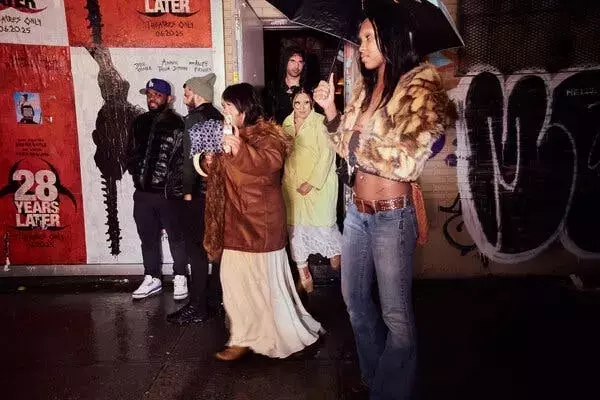
Young revelers in New York City are increasingly encountering shorter nightlife hours, leading to unexpected early endings for their nights out. Clubs like Carousel in Brooklyn are closing earlier than anticipated, leaving patrons surprised and disappointed. This trend has sparked conversations about whether the city's nightlife scene is losing its edge compared to other cities.
The shift towards earlier closing times affects both visitors and locals, altering the vibrant energy that once defined NYC's nightlife culture. Some club owners have grown accustomed to these changes, but the patrons find themselves unprepared when faced with early shutdowns.
The Changing Dynamics of NYC Clubs
Recently, clubs in New York City have started adapting to new regulations and practices that result in earlier closing times. Alyssa Grace, a visitor from San Antonio, found herself caught off guard when her night ended sooner than expected at Carousel, a popular Bushwick venue. This change disrupts the usual expectations of urban nightlife enthusiasts who anticipate longer hours.
This alteration stems from various factors, including local ordinances and shifting business strategies. For instance, DJ Nak Im had to adjust his setlist to accommodate an earlier last call, impacting both the music flow and customer experience. The situation highlights how external pressures influence internal operations within nightlife establishments. It also showcases the challenge of balancing compliance with maintaining the lively atmosphere patrons desire.
Patron Perspectives on Shrinking Nightlife Hours
Local and visiting nightlife enthusiasts express dissatisfaction with the reduced hours in NYC venues. Grace Maynard, a 22-year-old patron, questioned if New York was becoming more like Boston, known for its earlier closing times. Such sentiments reflect a broader concern among young adults regarding the evolution of the city's entertainment landscape.
This transformation affects not only the social experiences of individuals but also the economic aspects tied to late-night businesses. Food vendors like Tarek Abdelrahman notice shifts in customer patterns as people leave venues earlier. Meanwhile, some consider alternative options such as queer-friendly spots open later, weighing costs against convenience. These dynamics underscore a pivotal moment in the city’s nightlife culture, where tradition meets modern constraints.
